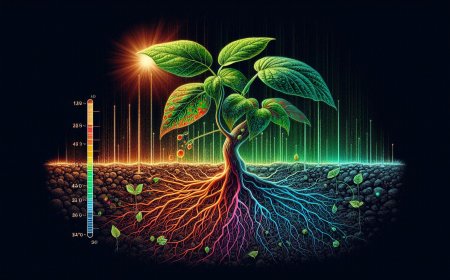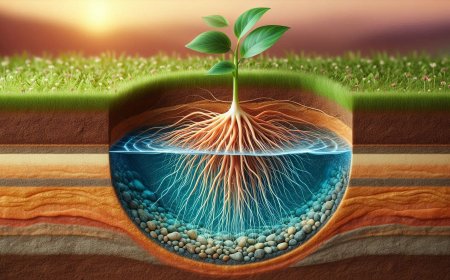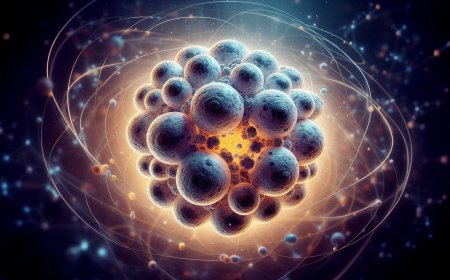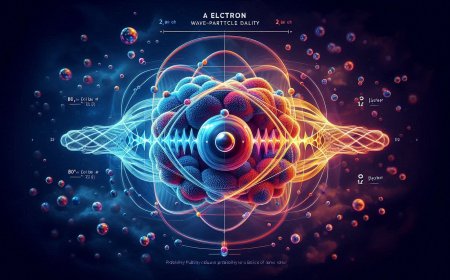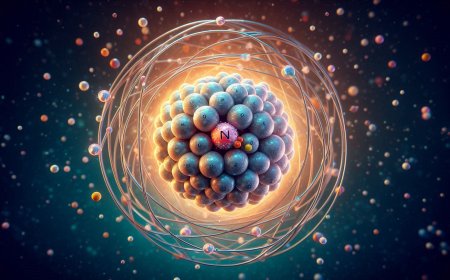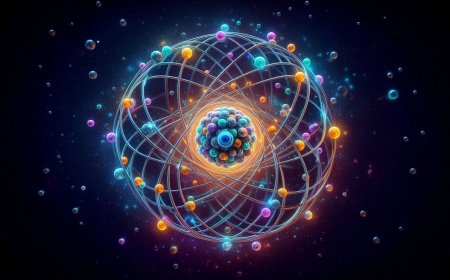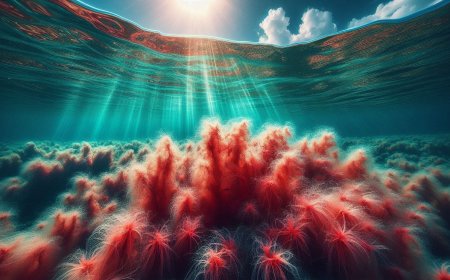Nitrogen Fixation: Nature’s Key to Nourishing Life on Earth
Explore the essential process of nitrogen fixation in biology, a key component of the nitrogen cycle enabling plants to absorb nitrogen and sustain ecosystems.
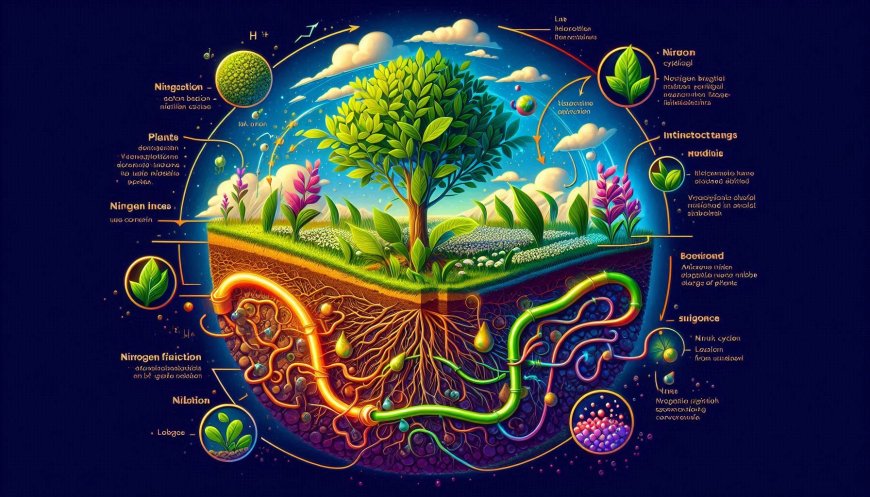
In the complex web of life, nitrogen is a cornerstone element. Essential for the building blocks of life, nitrogen makes up amino acids, proteins, and DNA—the very blueprint of organisms. Although nitrogen is abundant in Earth’s atmosphere (making up about 78% of the air we breathe), plants and animals cannot directly use this nitrogen. This is where nitrogen fixation steps in as one of the most crucial processes in biology. By transforming nitrogen into a usable form, nitrogen fixation sustains ecosystems and enables agriculture, making life as we know it possible.
What is Nitrogen Fixation?
Nitrogen fixation is a natural process that converts atmospheric nitrogen (N₂) into ammonia (NH₃) or related nitrogenous compounds that plants can absorb and use. Without nitrogen fixation, most organisms would struggle to obtain the nitrogen they need. This process not only fuels the growth of plants but also supports entire ecosystems that depend on plants as a primary food source.
The Two Types of Nitrogen Fixation: Biological and Non-Biological
There are two main types of nitrogen fixation: biological and non-biological. Non-biological nitrogen fixation occurs through natural phenomena like lightning, which provides the high energy needed to break nitrogen bonds and combine it with oxygen to form nitrogen oxides. These nitrogen oxides dissolve in rain and enter the soil, where they are absorbed by plants.
However, the majority of nitrogen fixation is biological, carried out by a range of microorganisms, including bacteria and cyanobacteria. One of the most well-known examples of nitrogen-fixing bacteria is Rhizobium, which lives in the root nodules of leguminous plants, such as beans and clover. This mutually beneficial relationship allows the plant to thrive even in nitrogen-poor soils, while the bacteria receive carbohydrates from the plant.
How Nitrogen Fixation Fuels Plant Growth
Nitrogen is an essential component of chlorophyll, the molecule responsible for photosynthesis. Through photosynthesis, plants convert sunlight into energy, fueling their growth and development. The nitrogen provided by nitrogen fixation enables plants to create chlorophyll, which, in turn, supports the photosynthetic process and drives the entire food chain.
Nitrogen Fixation and Agriculture: A Sustainable Solution
In agriculture, nitrogen fixation plays an invaluable role. Fertilizers are often used to supply crops with the nitrogen they need to grow, but excessive fertilizer use can lead to pollution and soil degradation. By promoting nitrogen-fixing plants, such as legumes, farmers can naturally enrich the soil with nitrogen. This eco-friendly approach reduces the need for chemical fertilizers and helps sustain soil health, making it a sustainable agricultural practice.
The Global Impact of Nitrogen Fixation
Beyond agriculture, nitrogen fixation has a global environmental impact. This natural process regulates the nitrogen cycle, preventing the excess release of nitrogen into the atmosphere, where it can contribute to greenhouse gas emissions. In addition, understanding and enhancing nitrogen fixation in crops could hold the key to future food security, helping meet the nutritional needs of a growing population without depleting natural resources.
The Future of Nitrogen Fixation Research
With advancing research, scientists are exploring ways to mimic or improve nitrogen fixation in non-leguminous crops, such as cereals, which require significant nitrogen for growth. Genetic engineering and biotechnology may open up possibilities for transferring nitrogen-fixing abilities to crops that currently lack them. Such innovations could reduce our reliance on chemical fertilizers and create more resilient and sustainable agricultural systems.
Conclusion
Nitrogen fixation is one of nature’s most vital processes, providing a link between the vast reserves of nitrogen in the atmosphere and the nutritional needs of organisms. By harnessing and enhancing this natural phenomenon, we can support sustainable agriculture, mitigate environmental impacts, and continue nourishing the ecosystems that sustain life on Earth. As research progresses, nitrogen fixation stands at the forefront of biological and agricultural innovation, paving the way for a more sustainable and food-secure future.
What's Your Reaction?







